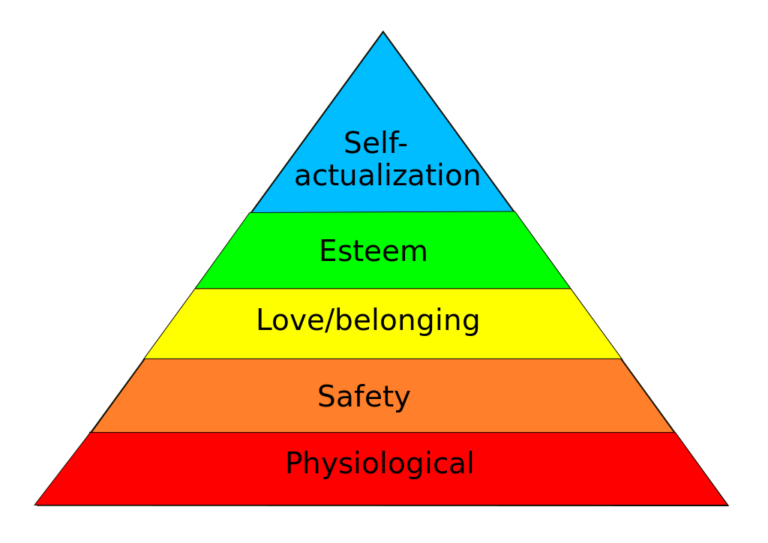Putting Our Uncivil Presidential Race in Historical Perspective
There’s a sub-genre out there of news articles about civility that focus on its decline and impending demise. The most recent, perhaps, is an August column in the Jewish Journal that begins with the austere pronouncement that the last quarter of a century has witnessed the decline of civility in U.S. politics. But it is hardly the only article of its type. Olympia Snowe made news in 2014 when she called the decline of civility in political discourse one of the big issues with Congress. The 2012 Presidential election was rife with similar sentiments. And New York Times columnist David Brooks, in 2011, proclaimed that the problem of polarization and the loss of civility in our time may be attributed to the fact that civility’s roots in modesty have been carved away.
It’s hard, looking at the current crop of presidential hopefuls, to disagree with these assessments. More than a year out from the 2016 election, contenders in this vast field of candidates are lobbing ad hominem attacks at each other and the media, and competing, it seems – from certain perspectives at least – to state their policy positions in the most crass manner possible. The column in the Jewish Journal calls the current flashpoint … the media firestorm over The Donald’s misogyny and xenophobia. But Mr. Trump is not alone. And his party is not the only culprit.
The fact, however, that a devolution into epidemic incivility is an easy narrative for many of us to like does not make it accurate. And the fact that our current culture may reward politicians for boorish behavior does not mean that that was any less true twenty-five, or fifty, or one hundred fifty years ago.
Case in point: the 1884 presidential race.
In 1884, the Democrats put up former New York Governor Grover Cleveland against the Republicans’ James G. Blaine, who had been Secretary of State to Benjamin Harrison and James Garfield. The famous icon of incivility from that race is a certain political cartoon, promoted by Republicans, that dramatized the narrative that Cleveland had abandoned an illegitimate child in order to make his run for the White House. Republicans charged that Cleveland had fathered an illegitimate child while he was a lawyer in Buffalo, and chanted, “Ma, Ma, where’s my Pa?” at rallies and campaign stops.
But that was hardly the only uncivil trope that year. Charging that James G. Blaine was too deep in the pockets of lobbyists and that he had corruptly influenced legislation in favor of railroads, later profiting on the sale of bonds, Democrats and competing Republicans alike labeled him a liar and a crook. Political cartoons appeared that vivified the indelible nature of Blaine’s prior misdeeds by depicting him covered in tattoos. And at Democratic political events, the rallying cries included the chanted slogan: “Blaine, Blaine, James G. Blaine, the continental liar from the state of Maine.
1884 saw a schism in the Republican party in which one prominent faction – the so-called Mugwumps – sided with the Cleveland campaign out of outrage at Blaine’s nomination. And it saw members of the remaining Republicans engage in personal attacks against that faction, including intimations that its members were homosexual.
We tend to think of incivility in politics, and especially during campaigns, as a modern innovation because it is so amplified by television news, and especially by the 24-hour news cycle. But even at the unamplified volume of 1884 – before radio, much less television – it was no less present.
If anything, we in the twenty-first century have good cause for hope on civility in some respects. Our politicians may pepper their discourse with terms like anchor babies, and our media may make derisive comments about the state of one leading candidate’s hair. But no matter how harrowing it becomes, our political culture is not that of the 1855-56 34th Congress. And no matter how uncivil our words, none of our current crop of politicians is like U.S. Representative Preston Brooks who, on May 22, 1856, beat Senator Charles Sumner with a walking cane on the Senate floor, causing him a severe head trauma from which it took three years of convalescence to recover.
Contemporary columnists are correct in their assessment that we need more civility in our politics. It is obviously to all our advantages to talk through our differences instead of slinging mud (or wielding blunt weapons). And it is certainly to all our advantages to be in a position where we have partners on the other side of the political aisle rather than rivals or enemies.
But to overstate the case – to suggest that Washington D.C. is a sinking ship and that among its denizens, it’s every rat for himself – does no one any good. And aside from its inaccuracy, it seems demoralizing rather than motivating to suggest that the uncivil present is any worse than our uncivil past.





Kathleen Riley Goeppinger liked this on Facebook.